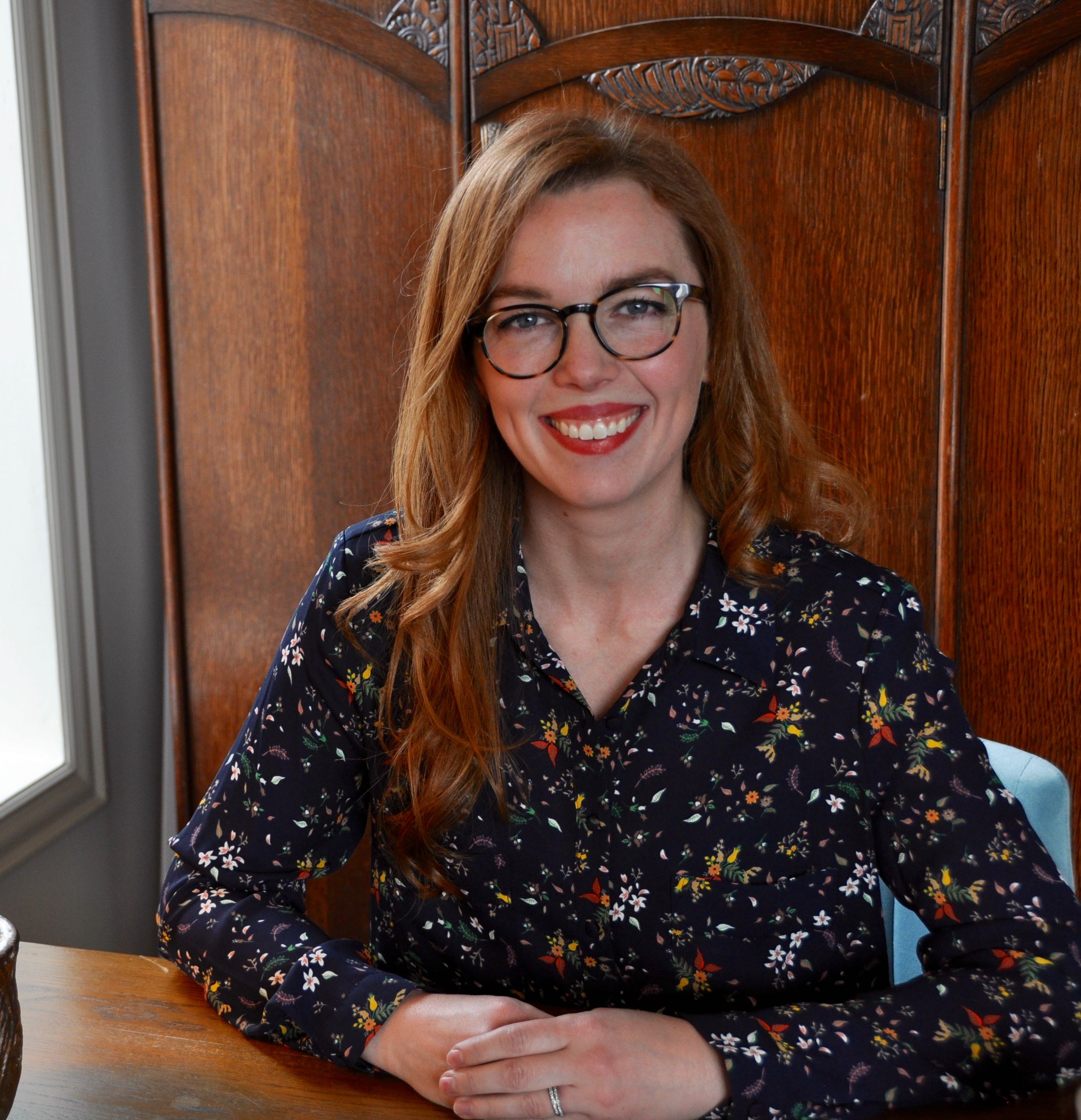Perfectionism in unusual places
I wondered today, as I was making my lunch, if most of us deep down inside have some perfectionistic tendencies. I’ve never thought of myself as a perfectionist in the classic sense, because I don’t care much about living up to other people’s view of me. But I’m noticing I have very high expectations for myself. While I was making a mediocre chicken salad for lunch today I was thinking, this just isn’t good enough. It’s not creative, I don’t have the ingredients I need, or the energy to make it better. Then I thought, no one is here telling me this isn’t good enough. It was coming from my own desire to do more. It’s a silly example, but I think it illustrates my point. We all want to live up to the vision in our heads. We want to achieve our goals. Or we want to live up to other’s goals for us, and the potential others see in us. I think that’s human nature to want to improve. We want to show ourselves as perfect to others and ourselves. We probably don’t say it so bluntly, but you can find the message of perfectionism in the always and never statements we tell ourselves. I want to ALWAYS be professional, I want to ALWAYS be on time, I NEVER want to make a mistake like this again.
Another example is a client I had a while ago who wanted to be successful as a mother so bad. She spent all her time with her kids, and couldn’t give herself a break. Then she got completely frustrated and exhausted and had to leave for the weekend to recharge. It was all or nothing. She was either a successful mom at home day and night, exhausted or had to feel guilty if she took some time away. She couldn’t see that she could care about her family and herself. She could be a good mom and do things she enjoyed that recharged her.

The ALWAYS and NEVER framework (perfectionism) has a rigid view of self. That rigidity can be crippling. It’s like a bowling alley where the edges of the lane move closer and closer. If you roll the ball in a very straight line, you win! If it falls in the gutter, you lose. It’s a trap.
Maybe it’s time to consider widening the lane. Health comes in a FLEXIBLE view of self. Peace and rest come with it too.
In counseling I like to say people are a constellation of themselves. They aren’t strictly one thing. We can be any one of the stars in the constellation, depending on the day, the mood, the fact that you’re hungry or tired. It can vary depending on the life stage. All of it is you. If we can view ourselves as a constellation, we can loosen the grip on who we think we should be, and just be.

If you’d like to explore this more for yourself, begin to notice when you feel those lanes closing in. It might be an ALWAYS or NEVER statement. It might be an area where you keep criticizing yourself.
Slow down.
You can be more than one thing. You can make mistakes. Your constellation will have some contradictions. (For example, fun and serious, prompt but sometimes forgetful, mom
If you have time, draw a constellation. Put at least 20 stars. Label each one with qualities you possess- good and not-so-good. Allow for contradictions. You might begin to notice some themes about who you are. Practice self-compassion and reflection.

Morgan Myers, LPC-intern
Supervised by Jessica Taylor, LPC-S
Morgan is a therapist at East Dallas Psychotherapy specializing in mothers with young kids overwhelmed by life, figuring out relationships, and dealing with depression and anxiety. For more about her click here.










